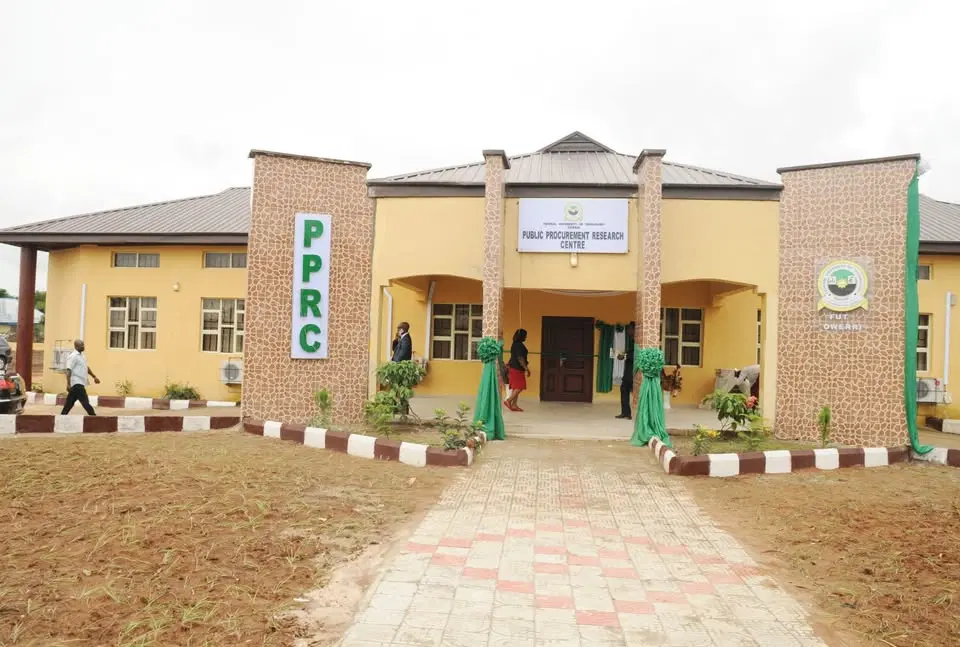On Tuesday, September 23, 2025, the U.S. Department of State’s 2025 Fiscal Transparency Report criticized Nigeria for failing to disclose public procurement contract information, categorizing it among 32 African countries with insufficient progress in fiscal policy, as reported by Vanguard and The Punch (Web:0, Web:1). The report noted that while Nigeria improved in publishing budget documents and debt obligations, its supreme audit institution, the Office of the Auditor-General, lacks independence and does not release comprehensive budget execution reports (Web:0, Web:2). It highlighted the need for the Auditor-General to meet international standards, publish audits within 12 months, and make procurement details accessible online (Web:0).
The report, assessing 139 countries, found 71 meeting minimum fiscal transparency requirements, with Nigeria among 69 that do not, though 26 showed progress (Web:0). It stressed that procurement transparency fosters business environments and reduces corruption risks (Web:0). The Bureau of Public Procurement (BPP) Director-General, Dr. Adebowale Adedokun, refuted the claims, calling them “false and lacking merit,” citing reforms under President Bola Tinubu, including online advertising, price intelligence, and civil society engagement (Web:0, Web:3). Adedokun highlighted decentralization via raised FEC approval limits, procurement audits, and a transition to electronic government procurement, with recent reversals of wrongful awards (Web:0). X posts from @BPP_Nigeria (September 23, 2025) defended the reforms, while @Naija_Activist noted 71% public distrust in procurement processes (Afrobarometer, 2025) (Post:3). The report’s timing, amid Nigeria’s ₦28.7 trillion 2025 budget, underscores calls for enhanced transparency (Web:4).

Leave a Reply